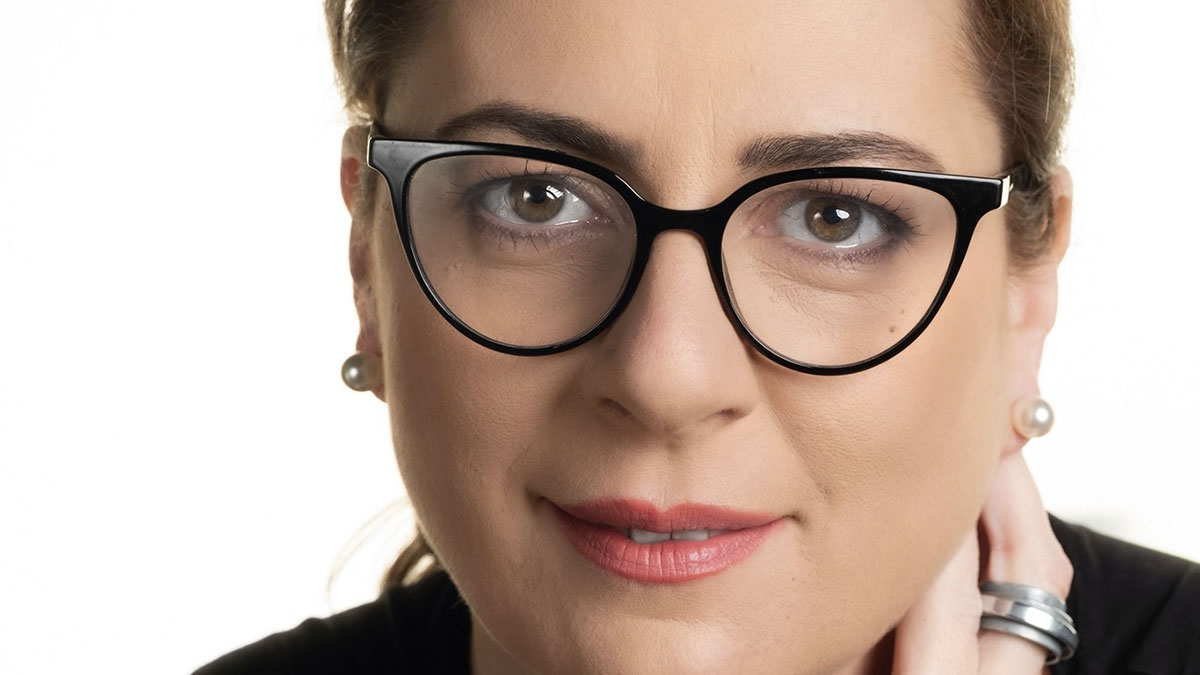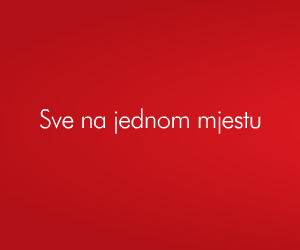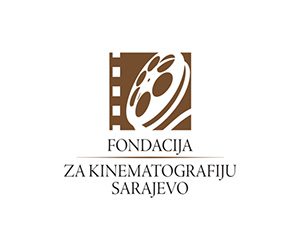
01/10/2024
Kristina Ljevak: Široki Brijeg is one of the most important places on my broad festival map
A film critic and respectable journalist from Sarajevo is a member of this year's jury for feature length documentary film at the 25th Mediterranean Film Festival, which she has visited for many years.
- I don’t even remember which year it was when I first came here, and it was a long time ago, on recommendation of my friend and the then editor at Federal Television, Maja Begtašagić. She was telling me about the love and attention thanks to which the festival is created and everything I had heard my first festival visit confirmed. Mediterranean Film Festival shows us how a clear structure and vision, regardless of geographical position, can spring up seriousness. During the five festival days, first of all, a excellently selected program takes place, which is a key prerequisite for the seriousness of the festival, and then socialising, both with domestic and international guests. The MFF brought me great lifelong friendships and is one of the most important places on my broad festival map.
How much do you think the people, who should be aware, are aware of the importance of such an event? And in general, in our country, how much the people who really change their environment in a positive sense and contribute in the field of culture, unfortunately, pass under the radar?
- If we are talking about the Federation of BiH our culture is mainly narrowed to Sarajevo. The cantonal budget for culture in Sarajevo is larger than the entire allocation for culture in Republic of Srpska, for example. Some other, larger cities, such as Mostar or Tuzla, manage to come close to Sarajevo's production. And usually under the radar, results worthy of all attention and support are created. A film could be made about how much film production in Široki Brijeg leaned on the festival and how much the festival spawned on that plan. But I'm afraid that everything that the Kadar production, Zdenko Jurilj, Tomo Topić, Robert Bubalo and many other people are doing will never be under the spotlight in the way it is in the case of Sarajevo, when every change in the mood of people from the film world becomes known to the entire public.
This year, you are also one of the members of the MFF jury. You have already had the opportunity to watch some of the films in the competition, what do you think and what would you say is the focus of today's documentary filmmakers?
- The quality of the films is in the spirit of the expectations from the MFF thanks to the selector. I am really glad that we have domestic films and from the region as well, because I always feel sorry when people are not aware of how important topics around us are, they miss documenting them, waiting for the opportunity to make a feature film. It is always a good combination to show films that will have their world premiere right in front of the audience in Široki Brijeg and those that have already been awarded at significant festivals, as is the case now. The films reflect the general unpleasant reality filled with destruction, but also follow the personal dramas of individuals.
What is and where is the culture today in our country?
- Most often and mostly in the hands of dedicated individuals, enthusiasts who succeed despite everything and not thanks to something. The culture of a country must not rely on this, nor can it seriously develop without a strategy, and this is what we lack the most in all the fields.
You are also known as an activist and among others for women’s and LGBT rights? How much sense does it make to ask, given all that is happening in our society, whether they have moved at all from the margins of our society?
- The progress that has taken place in the segment of LGBT rights compared to the time when in 2008 the attempt to organise the first Queer Sarajevo Festival was stopped by violence, tell us about the results of the efforts of people who have been dedicated to this problem, and in BiH it is the Sarajevo Open Center . There are many problems that still need to be solved, but just the fact that the BiH pride has been organised for years is a huge step forward. As for women, some of whom are also members of the LBT population, and therefore doubly discriminated against, the situation is getting worse, instead of changing over the years. The number of femicide, the absence of prevention and risk assessment, stimulating circumstances for abusers and the absence of adequate institutional support tell us about this.
You were born in Sarajevo, and spent most of your life in that city. Was there ever an option to leave, not to say give up on "us"?
- Recently, I spoke with the director and writer Namik Kabil on this topic, because the question "where is our house" is one of his obsessions. For some inexplicable reasons, I never planned to leave Bosnia and Herzegovina, even when there were serious preconditions for that and a professional engagement in some more promising parts of the world. We all bear the responsibility of personal decisions, and it becomes awkward when we make them on behalf of our own children, so now, when I have two daughters, I wonder how right it was to give birth to them in this country.
Does it make any sense and is it even illusory to expect politics to change anything here?
- For those who are involved in it, because of the privileges that are guaranteed to them, it does. On a general level, we see that nothing has fundamentally changed in this country for thirty years. We are witnessing another election campaign in our country where political candidates have not yet mastered the responsibilities they plan to hold, so those who will deal with the local communities promise European integration. Everything is pointless and with a lot of underestimation of the voters.
You have spent most of your career in journalism. Although you are still, in some way, connected to that profession, you no longer work as a journalist. Do you miss it? And how would you rate the media scene today?
- Journalism is my hobby today and it is pretty sad when the circumstances in the profession bring you to this decision. I didn't start journalism because nothing else came to my mind, but because it was my true desire. There are few professions that are so degraded and that do not require even basic literacy to be a part of it. However, what remains from journalism, apart from the memories, is the journalist's way of thinking and logic when performing some other jobs.


